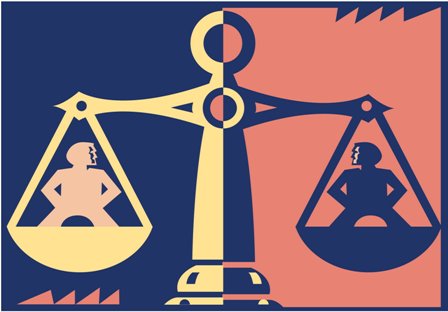
Christ’s passion begins with the simple fact that he knows he is the Son of God, and people routinely treat him otherwise.
For the human person, this is a perverse form of suffering.
It gnaws at our most potent temptations: pride, self-pity, vanity, envy, despair, selfishness, imbalance of every kind.
This is metaphysical conceit.
It is not born of falsehood, nor deceit.
It begins with deep internal conviction, a self-knowledge of what is true.
“I know that I love my beloved, but she thinks that I don’t.”
“I know that I want to stop doing this, but I cannot, and people think I want otherwise.”
“I am very good at this, I know I am, but no one sees it, instead they see otherwise.”
“I am a child of God, loved without condition, but my neighbor makes me feel like I am nothing.”
“I tried, worked, and succeeded, but, somehow, only failure remains.”
“I deserve X, but I receive otherwise.”
“Give me what I deserve!” — metaphysical conceit demands a real gift, desert.
“I only ask for what I truly deserve, nothing more or less; give it to me now.”
Denial of our just deserts often produces disgust, alienation, and difigurement.
Paranoia and anxiety.
A disaster that no one sees or feels, adding identical insult to the injury.
“No one loves me; my rights are not given justly, in the right time and measure; and no one cares that I am treated unjustly.”
But suffering is never just.
Nor is beauty.
Nor is love.
Nor is pain.
Nor is grace.
Nor is grass.
Nor is life.
Nor is love.
Nor is injustice.
Nor is death.
Nor is time.
Nor is being.
Nor is the abyss.
Nor are the little things.
Nor is a kiss.
Nor is love.
Nor is God.
Dedicated to the memory of Mark Grabinski.











